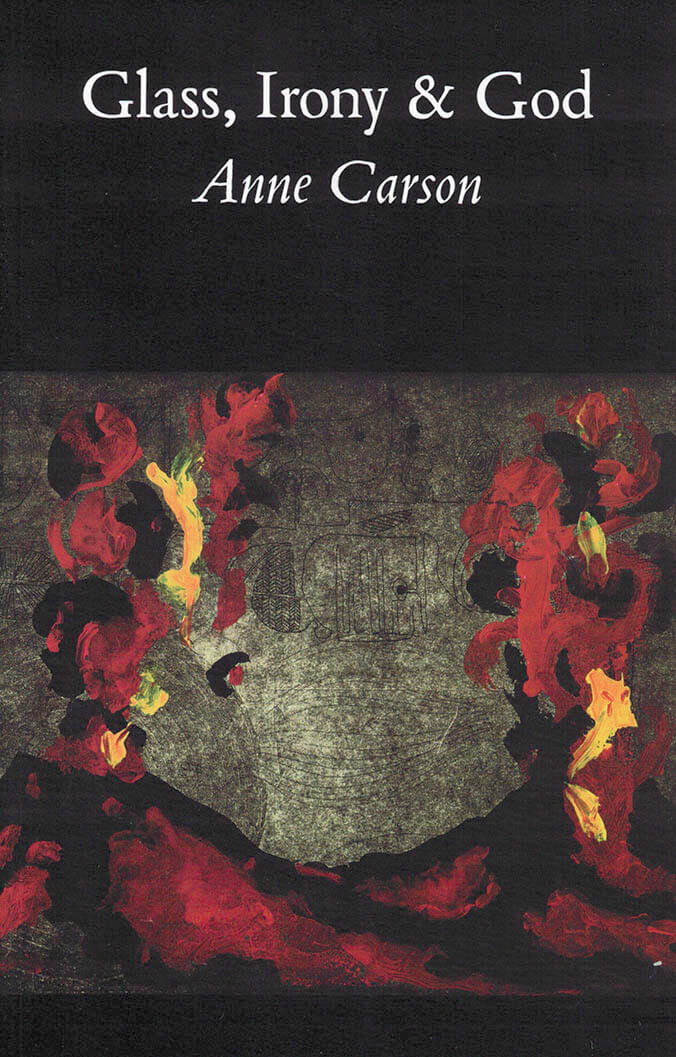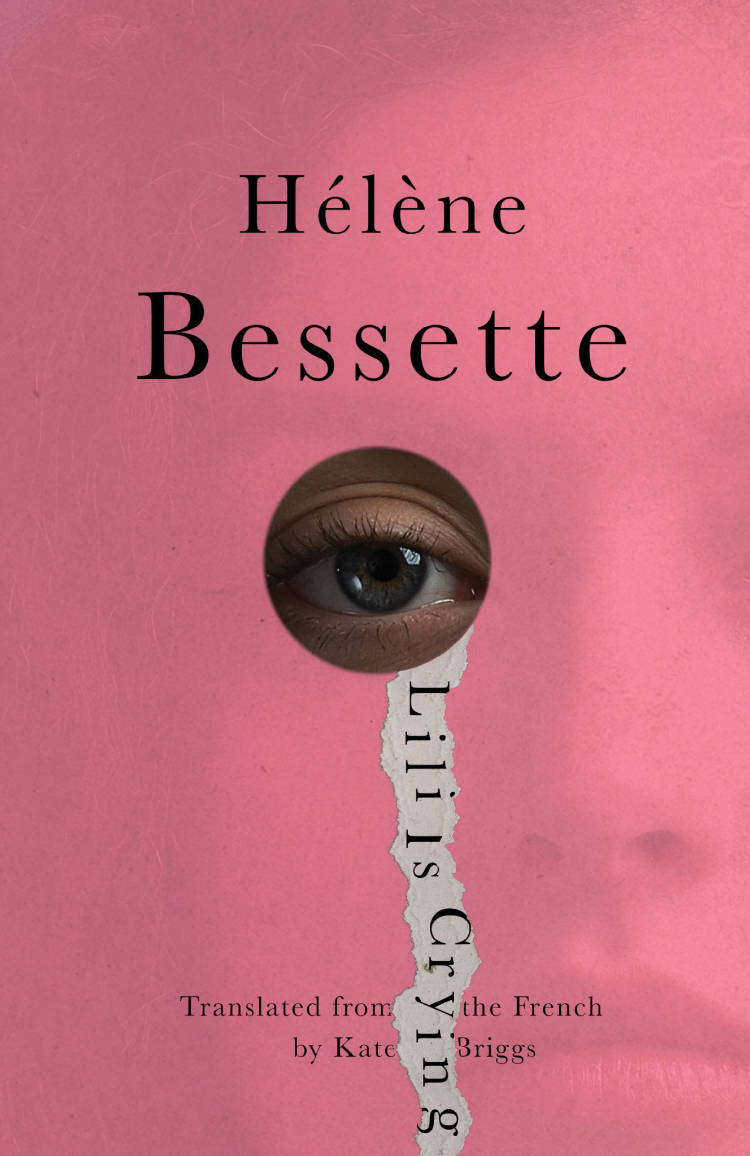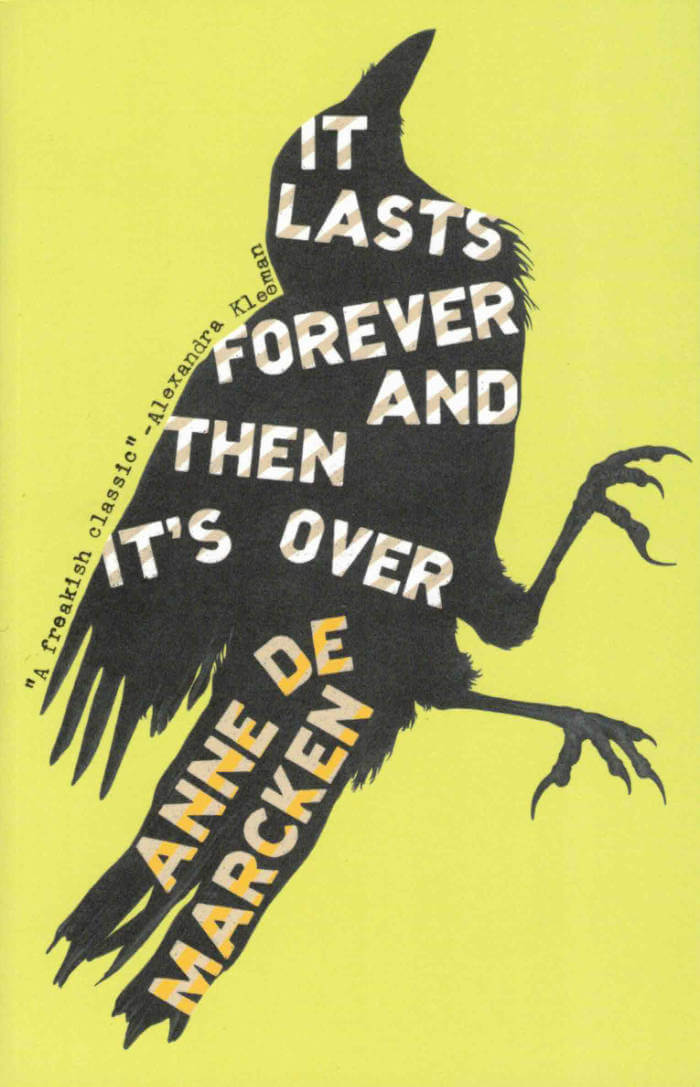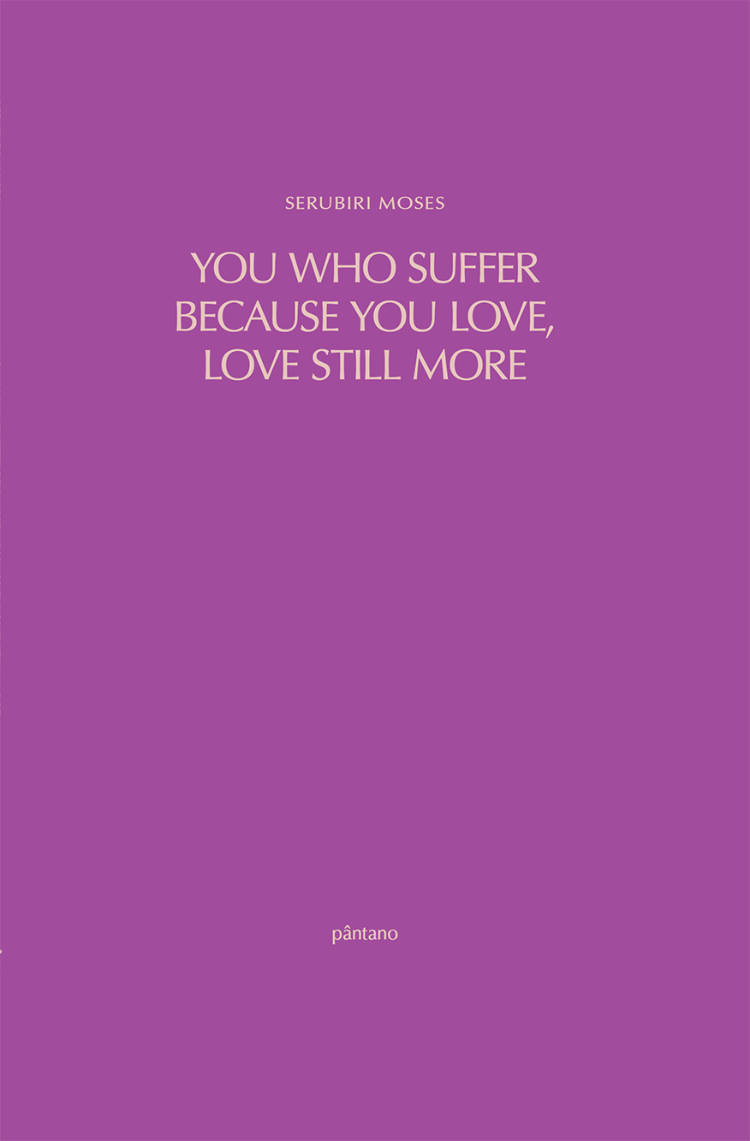
A Key Into the Language of America
The legacy of cultural imperialism, the consequences of gender, and the marginalization of the conquered are themes that combine and comment, one on the other, in Rosmarie Waldrop's remarkable new work, A Key into the Language of America. As "formally adventurous" (A.L. Nielson, Washington Review) as ever, German-born Waldrop has based her new collection on Rhode Island founder Roger Williams's 1643 guide (of the same name) to Narragansett Indian language and lore.
Rosmarie Waldrop, born in Germany in 1935, is the author of several books of poetry, fiction, and essays, and a noted translator of French and German poetry. Her most recent books are The Nick of Time, Gap Gardening: Selected Poems(winner of the Los Angeles Book Prize), and Driven to Abstraction. She is a member of the American Academy of Arts of Letters, and is a Chevalier of the Ordre des Arts et des Lettres. For fifty-six years, she and her husband Keith Waldrop ran one of the country's most vibrant experimental poetry presses, Burning Deck, in Providence, Rhode Island.







